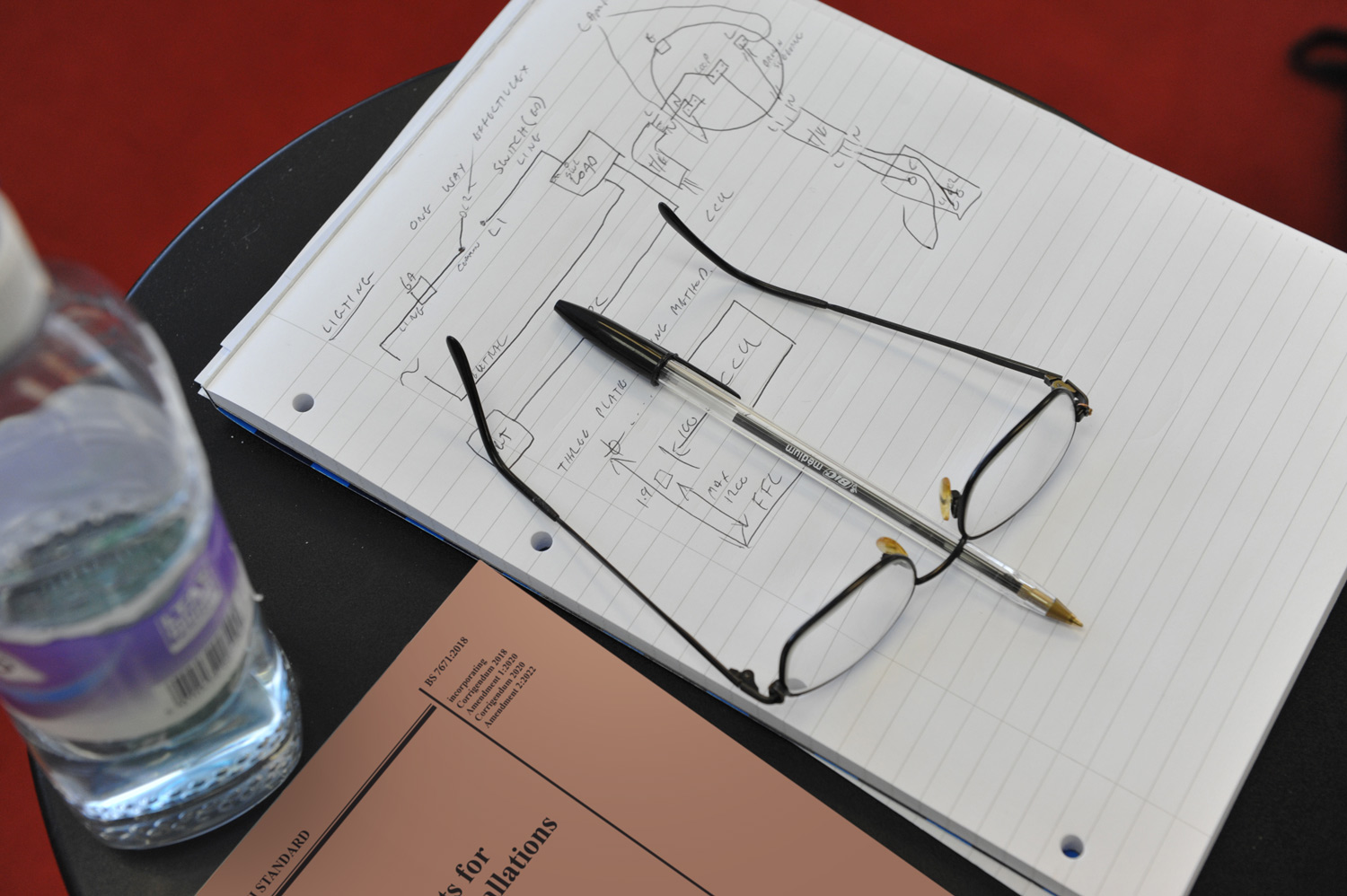When starting a new career as an electrician most people realise they have to make a choice between becoming a domestic installer or a fully qualified electrician that can work on both domestic and commercial projects. You will find yourself asking:
- Which should you become?
- Which is best?
- Which will give you a better life and job satisfaction?
- What is the difference?
Well in the most simple terms, new entrant Domestic Installers are limited to installing single phase in domestic dwellings (houses, flats, bungalows etc etc) as where Commercial Contractors are not limited to just single phase, they can install a variety of cables including single and 3 phase in all sectors (Industrial, Agricultural etc.) However there is a lot more to it than that so don’t make your decisions just yet!
Training
To start working you obviously need the qualifications and there is a considerable difference in time and cost to consider.
Typically you are looking at around 4 -5 weeks and £2200 – 2500 for a full domestic package (Practical workshops, 2392 Inspect & Test, Part-P and 17th Edition) we offer this in our Bronze package for £2245.
The commercial qualification the City and Guilds 2365 takes around 16 weeks to complete and costs £6990 with ourselves.
Lifestyle
You need to ask yourself what sort of lifestyle you want with your new career.
Most domestic installers that train with Trade Skills 4U tend to become self-employed and set up their own company’s. There are pros and cons to running your own company however wouldn’t it be nice to choose your own working hours and for you to be financially rewarded for working that little bit harder than the guy next to you?
However if you are looking for the stability of a yearly salary and set hours then the commercial route may be your preferred option, below I have listed the advantages to both routes:
- Uncapped Pay
- Better social working hours
- Freedom
- Variety of jobs
- Face to face interaction with customers
- Quicker and low cost of training
- Good salary
- Job security
- Length of jobsWorking in a team
- Working in exciting sector and venues
- Good career progression
- Lower initial start-up cost (tools, van)
- Areas to specialise
What do our customers tend to do?
Below is a table showing the split of courses that new entrants to the industry take with Trade Skills 4U. We can see that domestic installers appear to be the more popular option:


However with 24+ loans and the economy on the turn we have noticed a shift in 2013 of learners taking the longer course options to get full qualified.
At the end of the day everyone’s situation is different so you have to weigh up the pro’s and con’s for yourself. Ask yourself these questions:
- How much time and money can you afford to spend training?
- How quickly do you need to start earning?
- Do you prefer working on your own or as part of a team?
- Do you want to run your own business or would you prefer to be employed?
Generally we would summarise it as simply as this, if you are a mature career changer then the domestic route has a lot more to offer you. We say this on the basis that people normally have family’s to support and bills to pay, the domestic route gets you working within the industry much faster and gives you all the skills you need to work with a firm or become self-employed.
At a later date if you want to up skill to offer commercial skills then you can finish the modules in order to do so but you will be working in the industry and find it much easier to support yourself.
If you are looking to start your new career and have the time and finances then the commercial route is the obvious course to select as you will be trained in a much broader spectrum of work and will be able to take on more work.




















